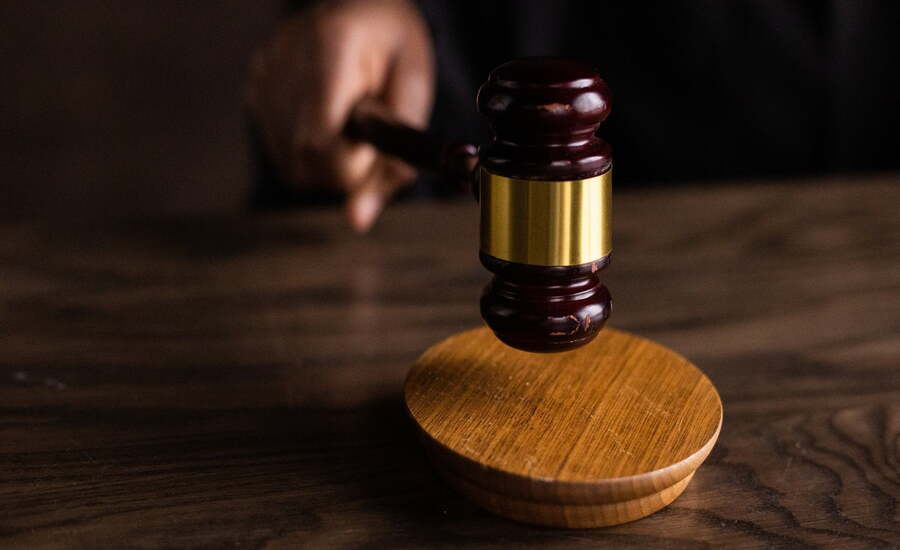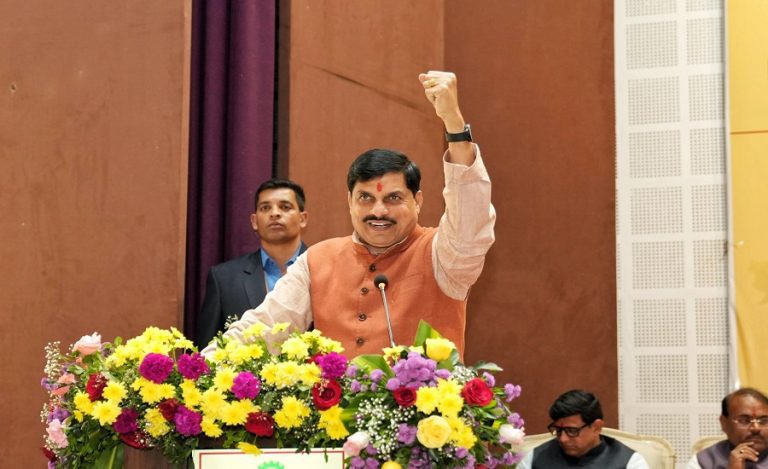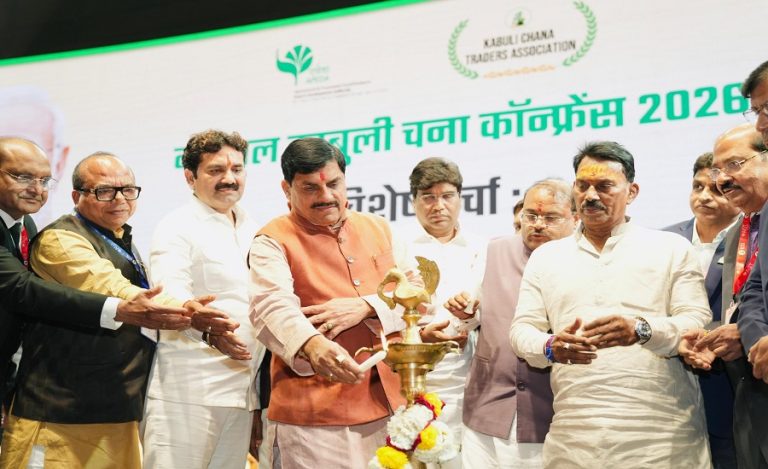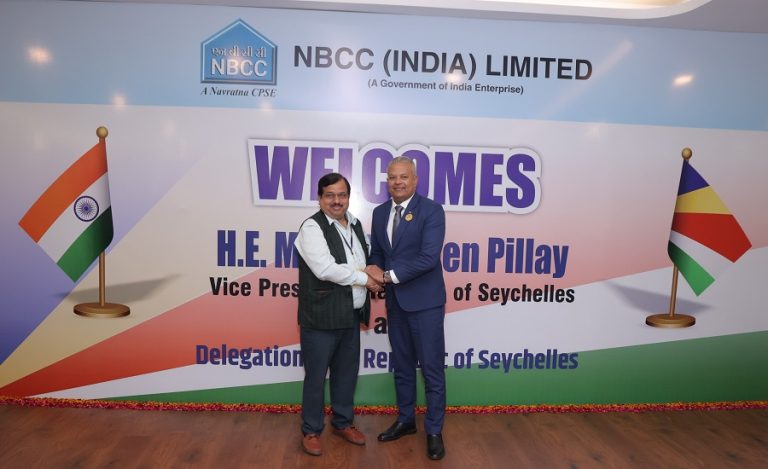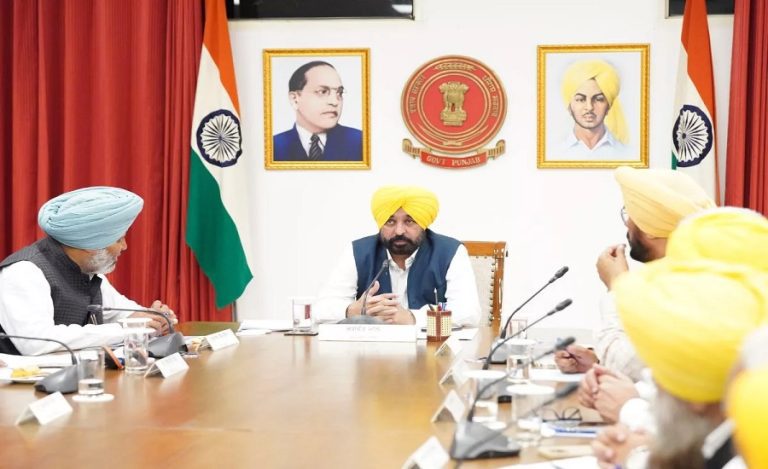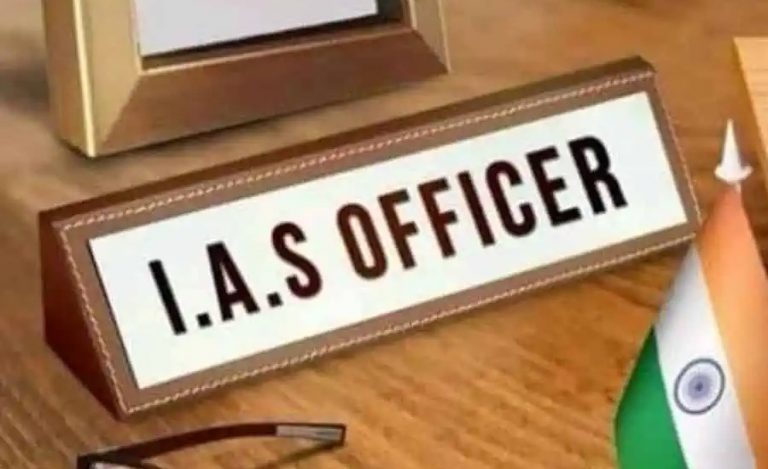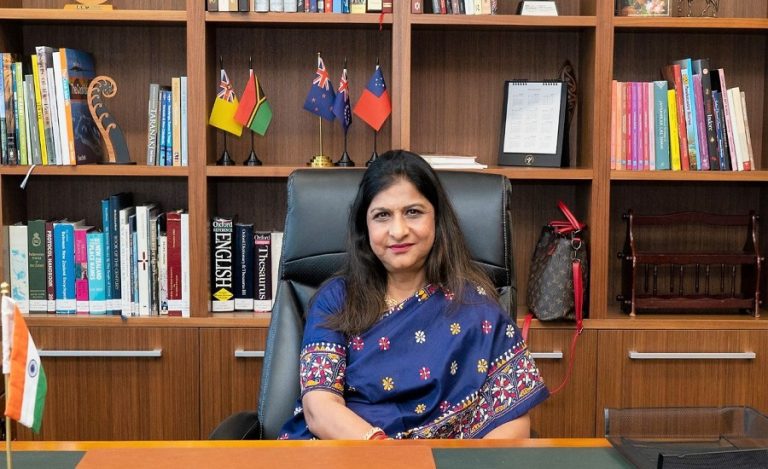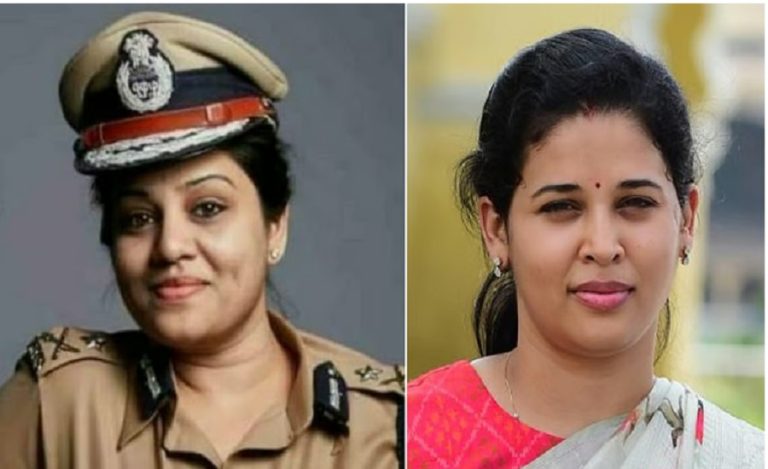Chandigarh: In a major development today, the Bar Council of Punjab and Haryana (P&H) has officially cleared 17 lawyers and directors of real-estate company M3M in an alleged bench-hunting matter.
The Privilege Committee of the Council concluded that there was no mala fide intent or evidence of coordinated manipulation of bench assignment in the Punjab & Haryana High Court.
This ruling brings relief to the legal professionals and business executives who had been under the scanner for months. The matter had stirred considerable debate around court listing practices, lawyer conduct, and ethical boundaries within India’s legal system.
Background of P&H Bar Council Bench-Hunting Case
The saga traces back to a petition filed by Mr. Roop Bansal, a director of M3M India, challenging an FIR registered by the Haryana Anti‑Corruption Bureau in April 2023, in which a former Special CBI Court judge was also accused. During a hearing in May, the Chief Justice of the Punjab & Haryana High Court observed what he described as possible “bench-hunting” — suggesting the matter might have been deliberately steered away from one judge to another favourable bench.
Responding to media reports, the P&H Bar Council’s Privilege Committee opened a formal inquiry. Notices had initially been issued in August 2025 to 16 lawyers, including senior advocates like Mr. Puneet Bali and Mr. Rakesh Nehra, and others for alleged attempts to manipulate bench assignment.
Faces Involved in P&H Bar Council Bench-Hunting Case
Roop Bansal (M3M India Pvt. Ltd.): Director of the real-estate developer, whose petition triggered the scrutiny of bench-hunting.
P&H Bar Council Privilege Committee: A statutory body empowered under the Advocates Act, 1961, to investigate professional misconduct by advocates. It conducted an exhaustive review of WhatsApp messages, emails, pleadings, and oral statements.
Senior Advocates & Lawyers: The initial list included senior counsel and several associates who had represented the petitioner.
- Puneet Bali
- Rakesh Nehra
- Others (17 lawyers cleared in final order)
Importance of the Decision
This conclusion is significant for several reasons:
- It reinforces the credibility of the legal profession by showing that due process was followed before allegations became punitive.
- It sends a message that bench-hunting or forum-shopping—where litigants attempt to secure favourable judges or benches—will be scrutinised.
- For real-estate and corporate sectors, the case underscores that litigation strategy involving bench selection is under ethical oversight, not just tactical use.
- It protects the professional reputation of the lawyers cleared, enabling them to continue practice without the overhang of disciplinary sanctions.
Challenges & Issues Highlighted
Despite the clean-chit, the case raises broader challenges:
- Transparency of court listing and bench assignment mechanisms: The fact that suspicion of bench-hunting emerged suggests structural vulnerabilities.
- Media vs. judicial record: The Committee noted that many media reports misrepresented remarks attributed to the Chief Justice, and no assertion of bench-hunting was found in the official order.
- Professional ethics enforcement: While the Committee closed the matter for these individuals, the broader issue of how litigation may be directed or influenced remains.
- Reputation management: Even an investigation can cast a shadow on lawyers and litigants; the clearing of names helps—but the reputational cost during the period remains real.
Implications & Way Forward
The ruling carries several implications and suggests paths ahead:
- For the Bar Council & regulators: The decision may prompt the Council to publish clearer guidelines on bench assignment and lawyer conduct, perhaps offering training or awareness on ethical litigation strategy.
- For high-courts & court administration: Judiciary may review and enhance assignment transparency, ensuring litigants cannot easily “hunt” favourable benches or exploit the system.
- For lawyers & litigants: While cleared, the lawyers now have greater clarity that allegations of bench-hunting will face rigorous inquiry—and need to document their actions defensibly.
- For media & public discourse: The case underscores responsible reporting. The Privilege Committee pointed out that reliance on media portrayal, without verifying judicial orders, can mislead and damage reputations.
- For future cases: Stakeholders should monitor how similar allegations are treated. This case may act as precedent in shaping how professional misconduct inquiries around bench-hunting or forum-shopping are handled.
Read Also: Punjab & Haryana High Court Initiates Suo Motu Case Over Denial of Security to Judicial Officers

